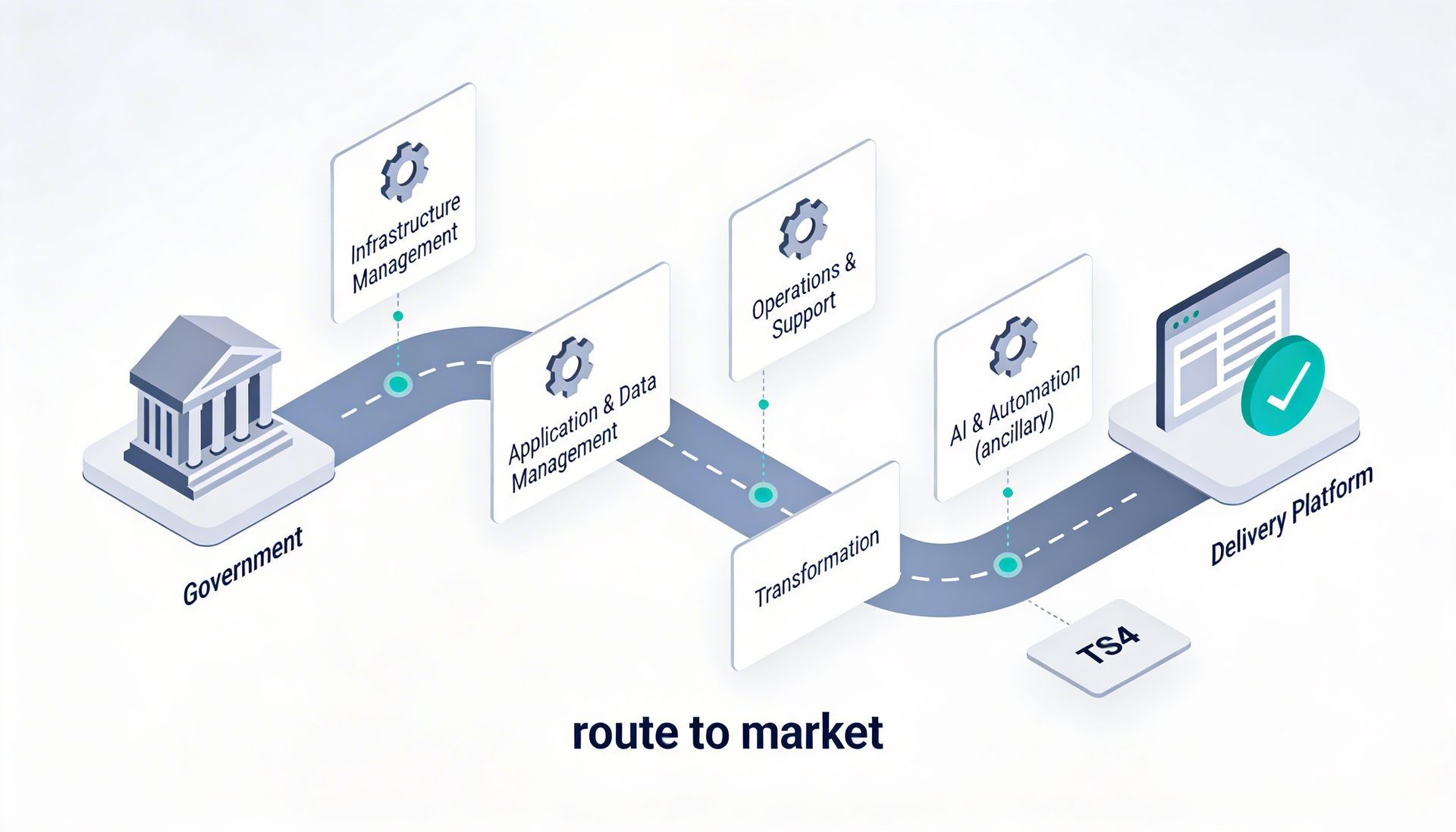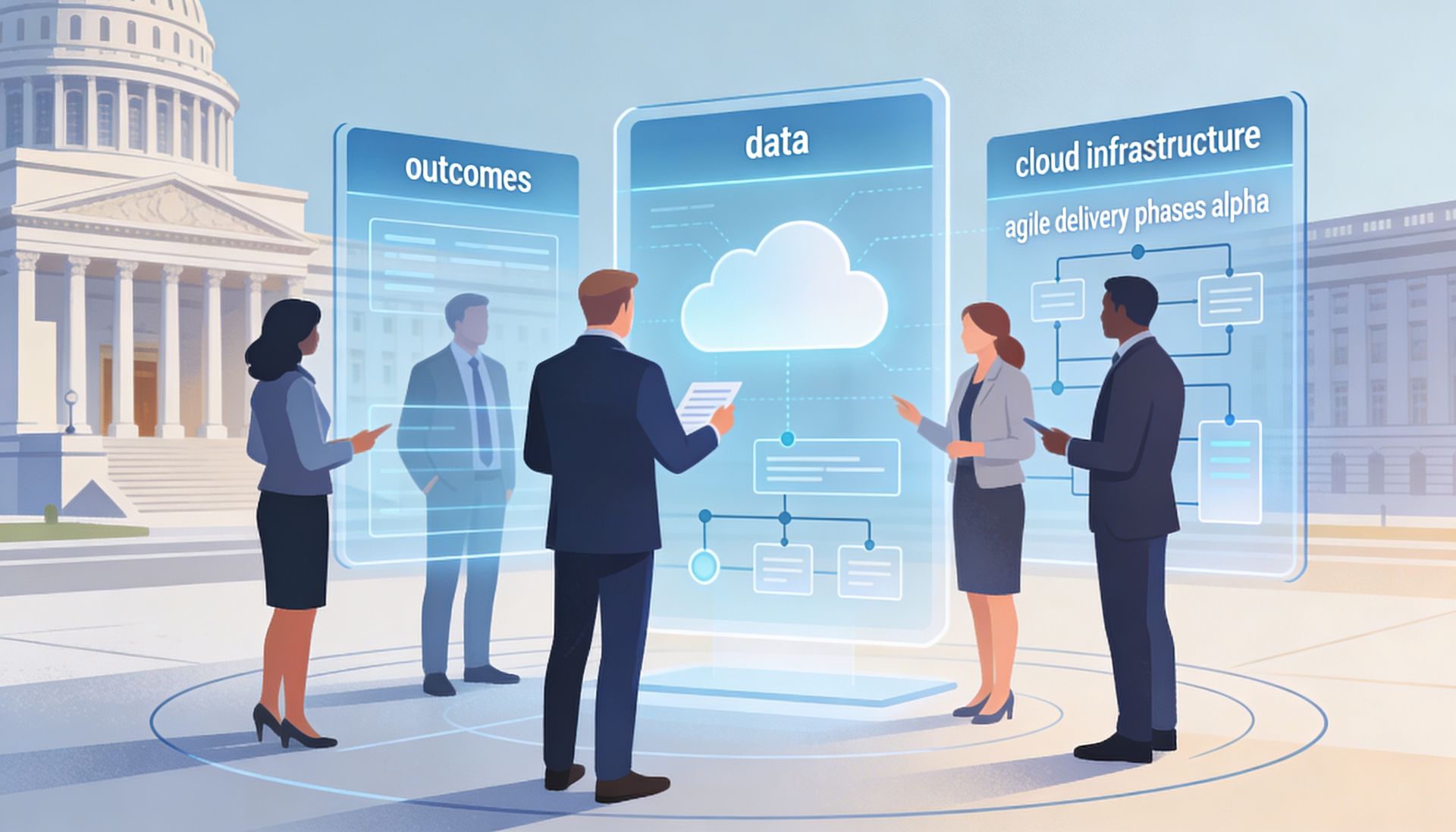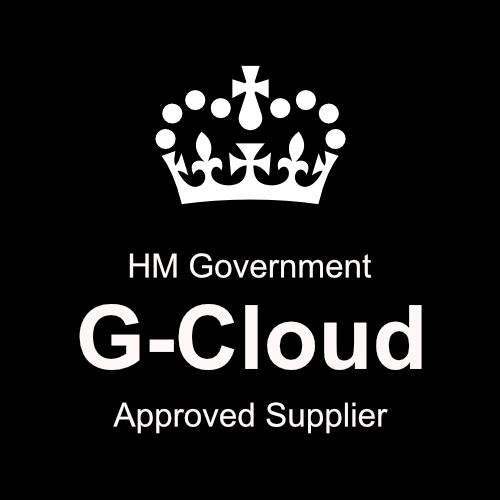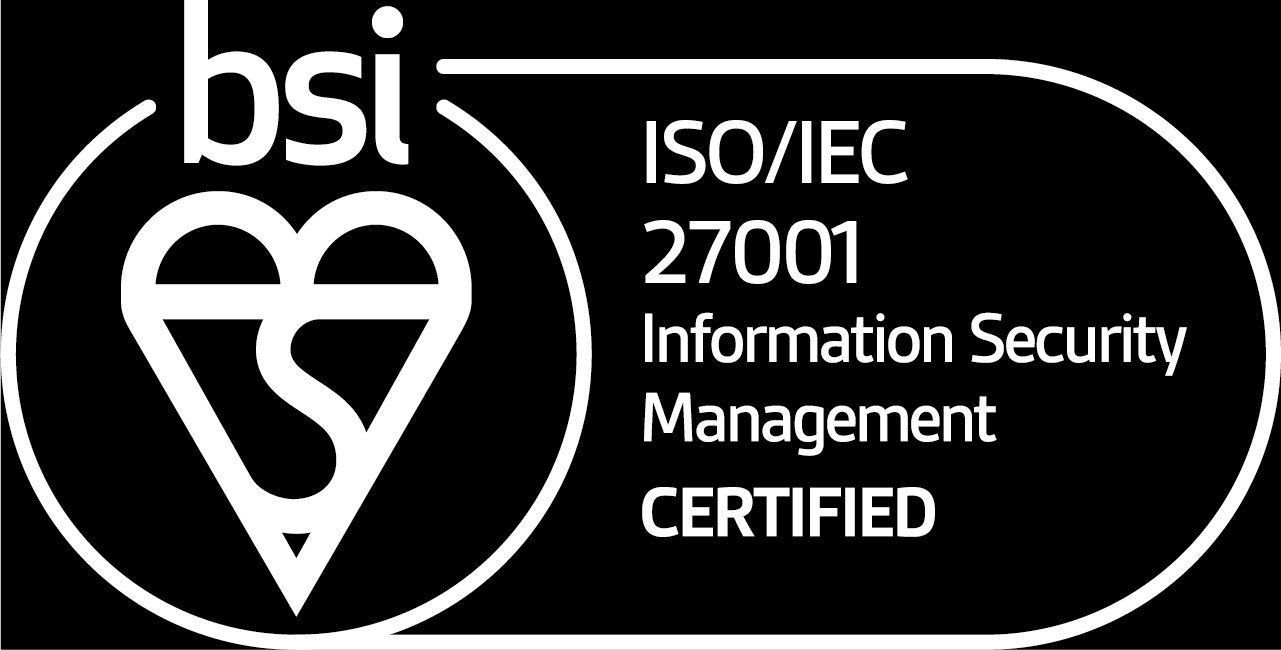2024: A Transformative Year for AI Governance and What It Means for UK Businesses
As a trusted technology partner helping organisations navigate digital transformation, Altiatech has closely monitored the seismic shifts in AI governance throughout 2024

Year in Review
2024 began with significant momentum in March, as the UN General Assembly adopted a ground-breaking resolution on safe and trustworthy AI. This set the stage for a cascade of policy developments, with the OECD updating its influential AI Principles in May for the first time since their 2019 inception.
The Seoul Declaration, also signed in May, marked a crucial moment of international consensus on safe, innovative, and inclusive AI development. This was swiftly followed by NATO's updated AI Strategy in July, demonstrating how artificial intelligence has become central to security considerations.
Africa showed its commitment to technological advancement with the African Union's Continental AI Strategy, whilst the European Union achieved a historic milestone in August with the AI Act coming into force—the world's first comprehensive AI regulation.
The autumn months saw further developments, with Latin American nations joining forces through the Cartagena Declaration, and China publishing its AI Safety Governance Framework. The Council of Europe's AI Treaty opened for signature in September, representing another step toward international cooperation.
The year concluded with several significant developments. The G20 Rio de Janeiro Leaders' Declaration in November reaffirmed global commitment to trustworthy AI, while the International Network of AI Safety Institutes launched with an inaugural mission statement. December saw the EU's updated Product Liability Directive come into force, addressing AI-specific challenges in consumer protection.
Key Global Developments and Their Impact on UK Organisations
For our clients in the financial services and public sectors, the subsequent OECD AI Principles update in May provided crucial guidance on responsible AI deployment, particularly regarding identity management and security protocols.
The EU AI Act, which came into force in August 2024, stands as perhaps the most significant development for UK businesses. While the UK has its own regulatory framework, many of our clients operating across Europe need to ensure compliance with both jurisdictions.
Through our altIAM division, we've been helping organisations implement identity and access management solutions that align with these new regulatory requirements.
Security and Compliance Implications
NATO's updated AI Strategy and the Council of Europe's AI Treaty have brought security considerations to the forefront. As Microsoft Partners specialising in Entra implementation, we've observed increasing demand for robust security frameworks that can support AI systems while maintaining stringent access controls.
What This Means for Your Business
1. Enhanced Compliance Requirements
- New frameworks for AI risk assessment
- Stricter data protection measures
- Enhanced transparency requirements
2. Security Considerations
- Identity management for AI systems
- Access control protocols
- Multi-cloud security requirements
3. Implementation Challenges
- Integration with existing systems
- Staff training and awareness
- Documentation and reporting
How Altiatech Can Help
Our comprehensive suite of services is designed to help organisations navigate these new requirements:
- Identity and Access Management through altIAM
- Cloud security implementation and management
- Compliance assessment and implementation
- Ongoing support and monitoring
Looking Ahead
As we boldly move into 2025, organisations must prepare for the practical implementation of these governance frameworks. Our team of experts, with over 250 cumulative years of experience, stands ready to help businesses adapt to these changes while maintaining operational efficiency and security.
The G20's reaffirmation of commitment to trustworthy AI in Rio de Janeiro and the launch of AI Safety Institutes Network demonstrate that AI governance will continue to evolve. Working with a knowledgeable technology partner has never been more crucial.
Whether you're just beginning your AI journey or looking to ensure your existing systems comply with new regulations, Altiatech's customer-focused approach and deep technical expertise can help you navigate this complex landscape.
Contact Us
To discuss how these AI governance changes might affect your organisation and how we can help, reach out to our team:
Email:
innovate@altiatech.com
Phone : +44 (0)330 332 5482
Ready to move from ideas to delivery?
Whether you’re planning a cloud change, security uplift, cost governance initiative or a digital delivery programme, we can help you shape the scope and the right route to market.
Email:
innovate@altiatech.com or call
0330 332 5842 (Mon–Fri, 9am–5:30pm).
Main contact page: https://www.altiatech.com/contact













